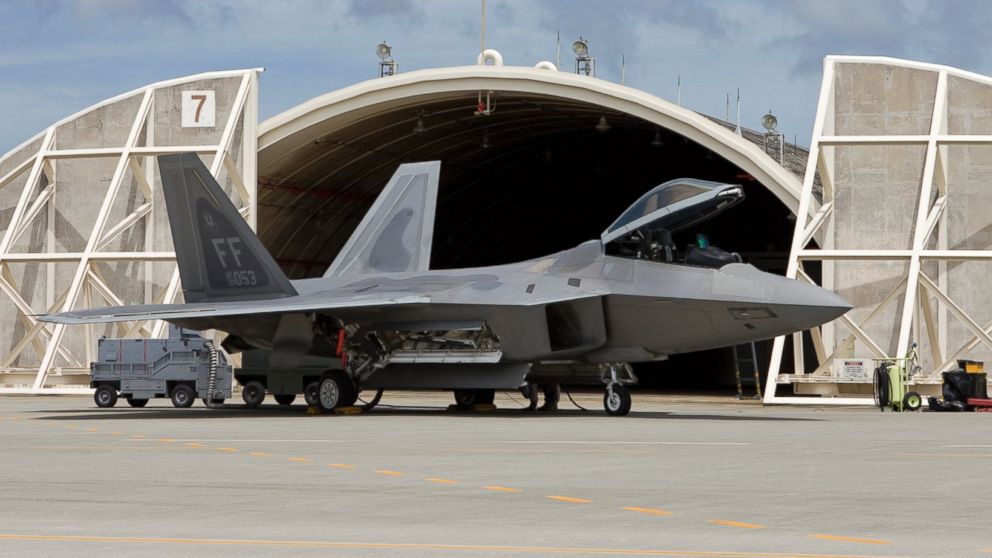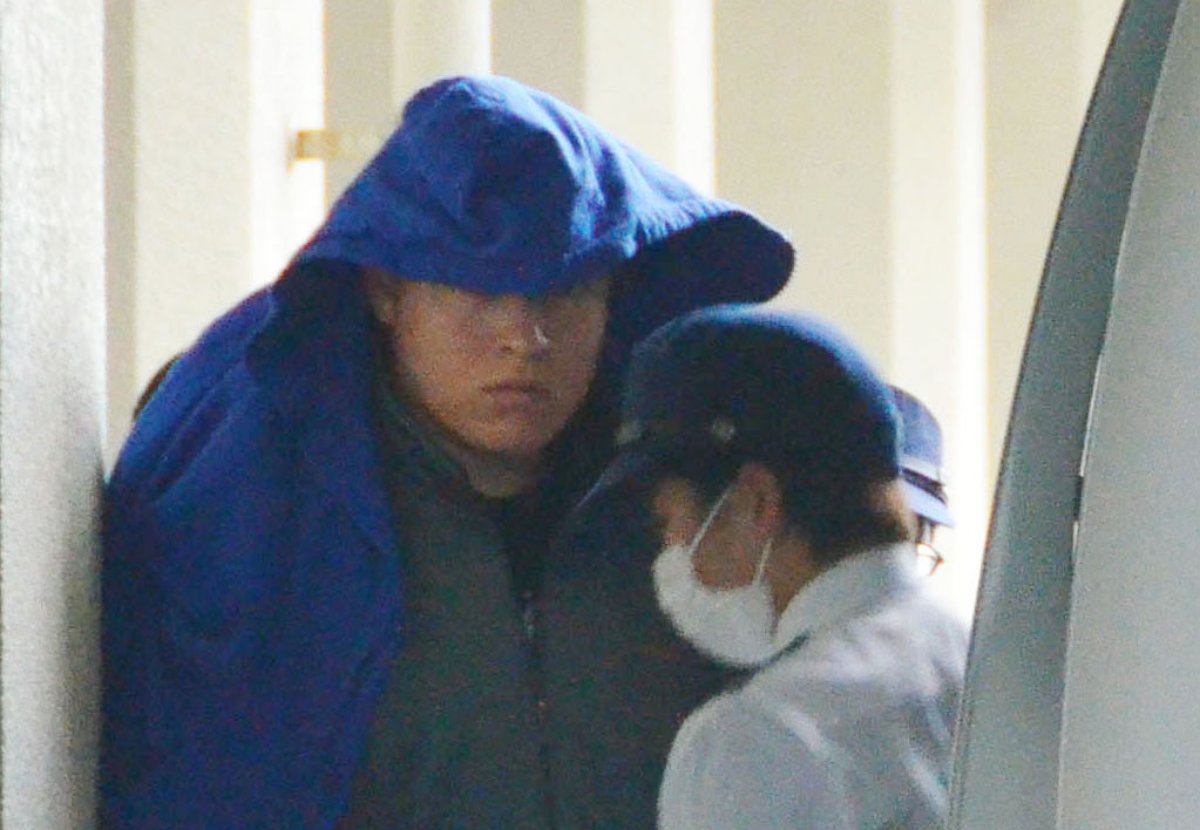Drunk Driving Incident Highlights Controversy Over American Military Presence in Japan
The American sailor arrested on Sunday follows other incidents in the region.
— -- An incident in which an American sailor allegedly drove drunk in the wrong direction on a freeway on Saturday represents the latest chapter in the story of a growing rift between the U.S. Military and residents of Okinawa, Japan, many of whom want to see an end to the robust American presence that has been in place there since the end of World War II.
The U.S. Navy banned drinking and restricted off-base activity on Monday for its personnel in Japan as a response to the alleged drunk driving incident, in which 21-year-old Petty Officer 2nd Class Aimee Mejia slammed into two cars, injuring two.
Mejia herself was unharmed in the crash, according to authorities.
The Congressional Research Service, a public policy research arm of the U.S. Congress, noted in a report that was released earlier this year that "53,000 America military personnel (39,000 onshore and 14,000 afloat in nearby waters), 43,000 dependents, and 5,000 Department of Defense civilian employees" live in Japan, and that this presence constitutes the largest in the Asia-Pacific region.

The report also indicated that the attitudes of native residents of Okinawa, where the majority of U.S. military personnel reside, toward the presence of the U.S. military are "generally characterized as negative, reflecting a tumultuous history and complex relationships with mainland Japan and with the United States,"
"Despite the prominence of the U.S.-Japan alliance in America’s overall strategic posture in the Asia-Pacific region, local concerns about the U.S. military presence on Okinawa have challenged the management of the alliance for decades," the report said.
Some local business owners living near military bases in Japan do "approve" of military operations there, according to the Congressional Research Service, who broke down the concerns of other residents into two parts. The first point of opposition contends that "the American presence degrades the local quality-of-life with regard to personal safety, noise, crime, and the natural environment" and the second point is tethered to a more general sentiment of pacifism, and anti-militarism.
Mejia's accident would play into the first concern, as would the case of Justin Castellanos, a U.S. Navy sailor who was arrested on a charge of raping a Japanese woman in Okinawa earlier this year. Castellanos, 24, who was based at the U.S. Marines’ Camp Schwab in northern Okinawa, was arrested on March 13, 2016, on suspicion of dragging a female tourist from Fukuoka Prefecture, Japan into his room after finding her asleep in a hotel corridor. In his room, he allegedly raped her.
The Japan Times reported that Castellanos confessed to the crime after initially denying it.
Days after news of the Castellanos case broke, Stars and Stripes reported that a 33-year-old Lieutenant of the U.S. Navy who allegedly groped a 19-year-old Japanese woman on an airplane and punched her multiple times in the head, was also arrested.
The two incidents of alleged sexual assault in 2016 likely unearthed unpleasant memories for Japanese residents of a brutal 1995 rape case in which three U.S. servicemen rented a van and used it to kidnap a 12-year-old girl. The men duct-taped the girl's mouth shut, beat and raped her, leading to prison sentences for servicemen and a debate between the two countries about the presence of the American military in Japan.

In 2008, then-Secretary of State Condoleezza Rice, apologized to the Japanese for crimes committed by the U.S. military, including another alleged rape, this time of a 14-year-old girl.
American troops were first installed in Japan after World War II, when the Japanese Imperial Army and Navy were decommissioned.
Prime Minister Shinzo Abe of Japan and Takeshi Onaga, the governor of Okinawa, agreed in March of 2016 to negotiate over the relocation of Marine Corps Air Station Futenma, a base that has existed on the island since 1945, after residents protested.
Japan sought to relocate the base to a quieter place on the island, while residents want the base removed altogether.




